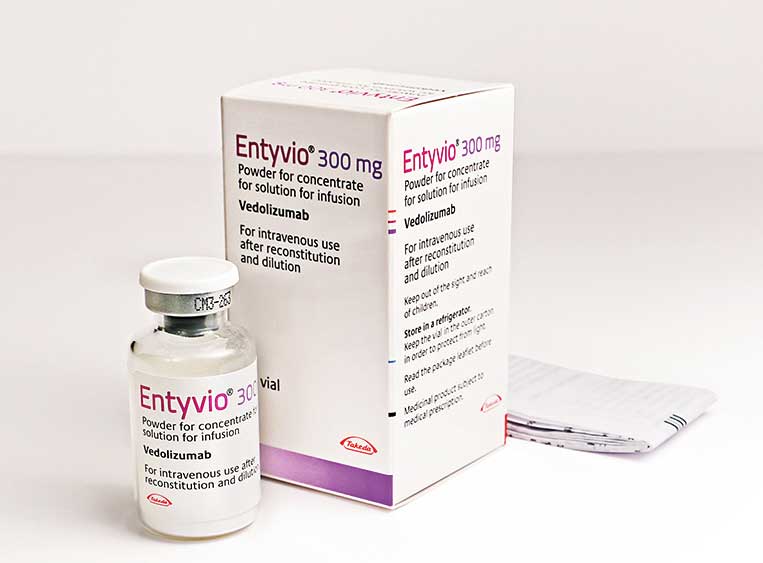History of Entyvio
Entyvio was approved by the FDA in 2014 as a treatment for ulcerative colitis and Crohn’s disease, when certain other drugs have not worked well enough or cannot be tolerated. While vedolizumab (Entyvio) has been recognized as an effective treatment for UC and CD, there have been growing concerns about the drug’s safety and possible adverse events. A potential link between Entyvio and serious pulmonary side effects emerged in case reports from 2018 detailing lung injuries in ulcerative colitis and Crohn’s disease patients treated with the medication. Since then, there have been a number of other case reports highlighting pulmonary disease and other lung issues that occurred during or after treatment with Entyvio, including one where a 31-year-old patient with small intestinal Crohn’s disease developed granulomatous lung disease while being treated with vedolizumab (Entyvio).
“We cannot be certain that there is a direct connection between treatment with vedolizumab and the emergence of the consolidations, although the chronological order of events strongly suggests this possibility,” the researchers wrote in the case report, published in February 2021. “The resolution of GI symptoms and the evolution of respiratory disease occurred directly after treatment with vedolizumab […].” In another case study from February 2022, a patient was diagnosed with vedolizumab-related interstitial lung disease after receiving two doses of the ulcerative colitis drug. The patient died of respiratory failure and the researchers concluded that “Vedolizumab-related interstitial lung disease in patients with UC is rare but potentially lethal.”


